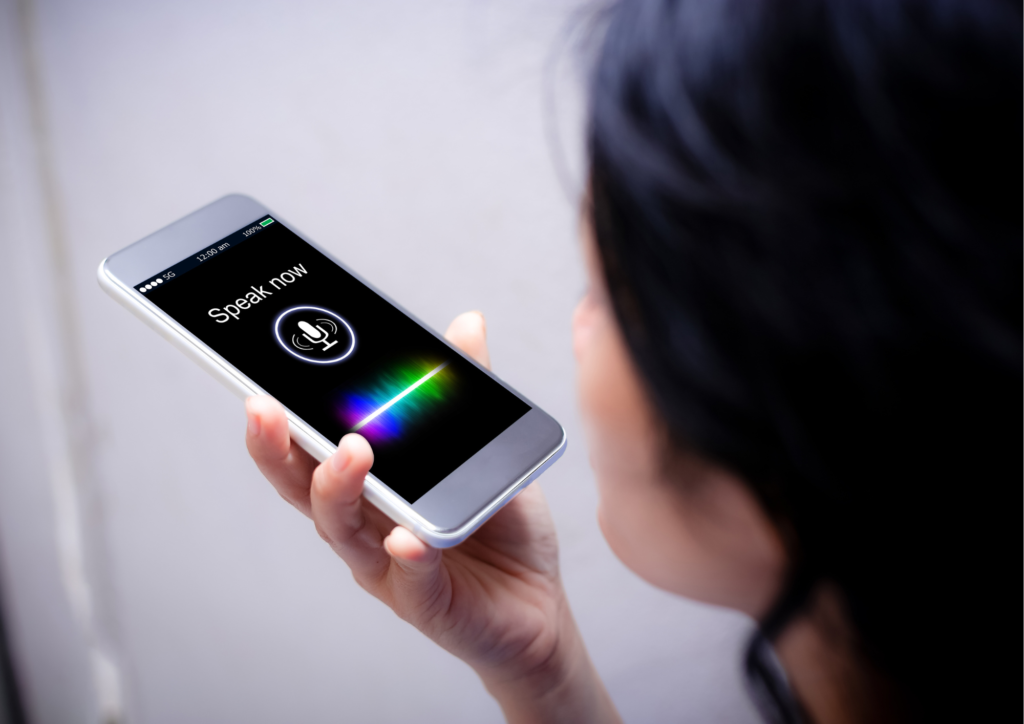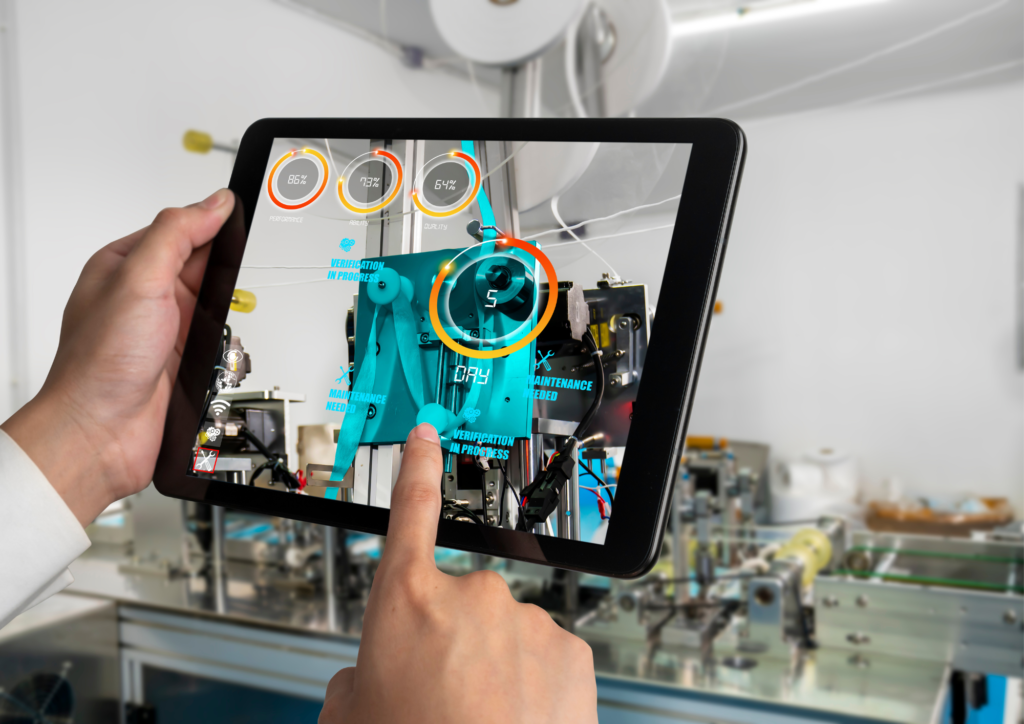Read time: 4 minutes.
As we move towards 2025, the marketing landscape continues to evolve, driven by technological advancements and changing consumer preferences. To stay competitive, businesses need to adapt to these shifts and leverage the latest trends. Here are five key strategies that will define marketing in the coming year:

Sustainability Marketing: Sustainability has transitioned from a trend to a fundamental expectation. Modern consumers, particularly younger demographics, prefer brands that prioritize environmental and ethical practices. In 2025, sustainability marketing will be about more than just green labels; it will involve showcasing a genuine commitment to sustainable practices throughout the supply chain, from sourcing to production and distribution. Brands that focus on transparency and authenticity in their eco-friendly initiatives—such as reducing carbon footprints, using renewable energy, and adopting circular economy principles—will attract a more loyal, conscientious customer base. For businesses, communicating these efforts clearly and effectively through marketing campaigns will be crucial to building trust and brand loyalty.

Voice Search Optimization: With the widespread adoption of smart speakers like Amazon Alexa, Google Home, and Apple’s Siri, voice search has become a significant part of how consumers find information. As this technology becomes more integrated into everyday life, optimizing for voice search is set to be a game-changer in 2025. Voice searches are often more conversational and specific than traditional text searches, so businesses must adapt their SEO strategies. This means creating content that answers questions directly and includes long-tail keywords that match natural speech patterns. Companies that optimize their websites and content for voice search will be more likely to appear in “position zero” or featured snippets, making it easier for consumers to find what they need.

Interactive Content: In a crowded digital space, engaging your audience is more important than ever. Interactive content—such as quizzes, polls, surveys, interactive videos, and infographics—offers a dynamic way for users to engage with a brand. Unlike traditional content, which is consumed passively, interactive content encourages participation, leading to higher engagement rates and improved user experience. By 2025, we can expect more brands to incorporate elements that allow users to personalize their experience or receive instant feedback. This not only makes the content more memorable but also provides brands with valuable data on user preferences and behaviors, which can be used to refine future marketing efforts.

Short-Form Video Dominance: The rise of TikTok, Instagram Reels, and YouTube Shorts has marked the era of short-form video content, and this format is here to stay. Attention spans are shrinking, and consumers want content that is quick, catchy, and easy to digest. In 2025, brands will continue to harness the power of short-form videos to tell compelling stories in under a minute, using this format to launch products, share behind-the-scenes looks, or even create educational content. Short-form videos are also highly shareable, helping brands expand their reach organically. For businesses, investing in creative, authentic, and relatable video content will be essential for building a strong online presence.

Augmented Reality (AR) Experiences: Augmented Reality has evolved from a novelty to a powerful marketing tool. In 2025, AR will play a significant role in creating immersive shopping experiences that allow customers to interact with products in a virtual space. For example, beauty brands are already using AR to let customers “try on” makeup, while furniture companies allow users to visualize how a piece will look in their home. This trend will extend beyond retail; events, travel, and education industries will also see innovative uses of AR. By providing an interactive, engaging way to explore products and services, AR experiences can boost customer confidence, leading to higher conversion rates. For brands, the key will be to create seamless, intuitive AR experiences that add real value to the user’s journey.
The marketing strategies of 2025 will center around consumer engagement, personalization, and sustainability. Whether it’s adopting eco-friendly practices, optimizing for voice search, creating interactive and short-form content, or offering augmented reality experiences, brands that stay ahead of these trends will be well-positioned to capture the hearts and minds of modern consumers. For businesses, now is the time to evaluate and implement these strategies to ensure they remain relevant and competitive in a rapidly changing market.
